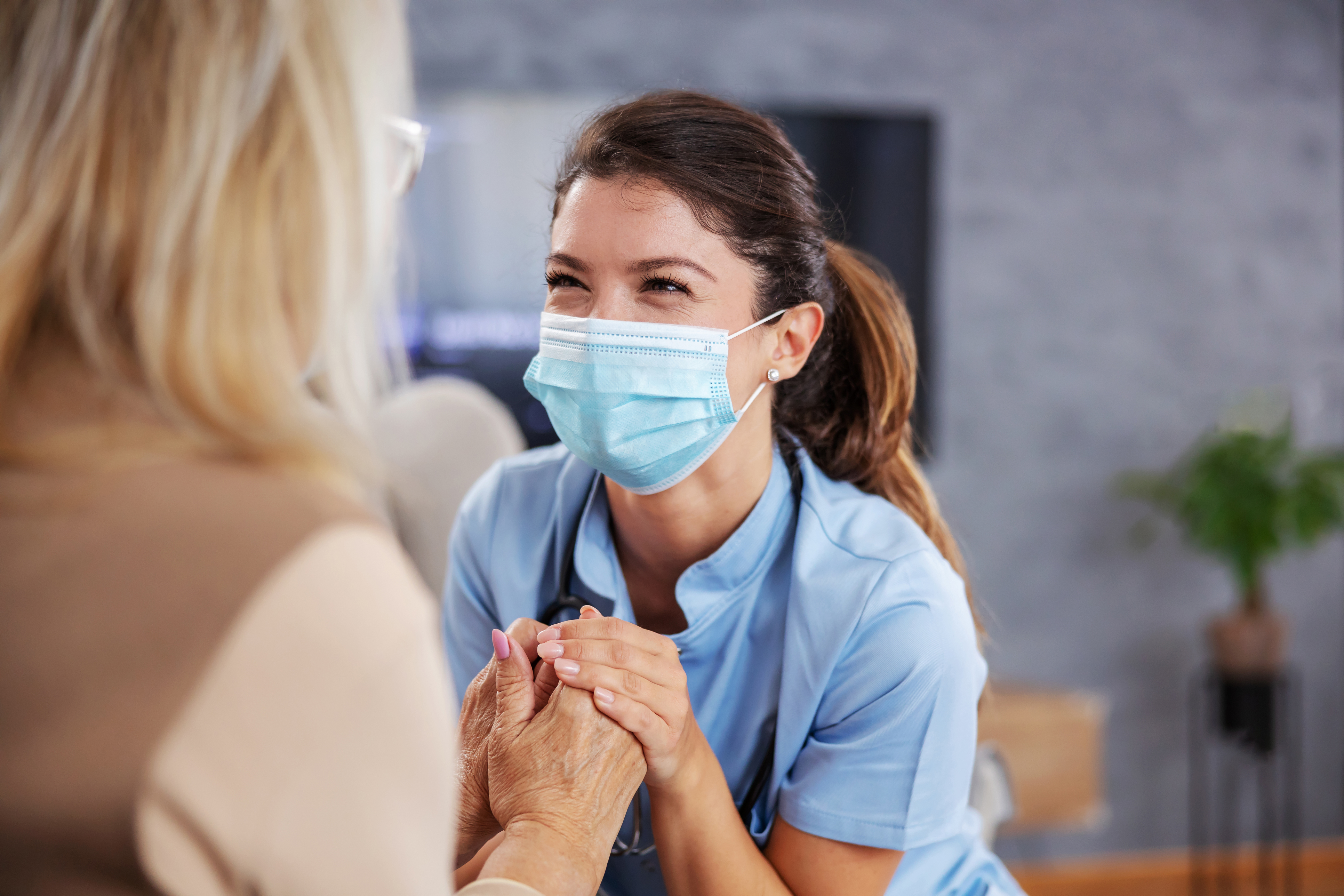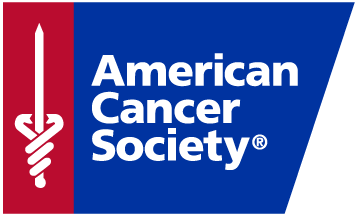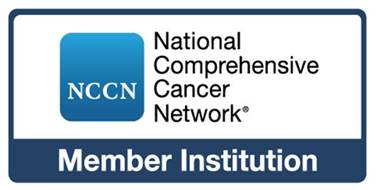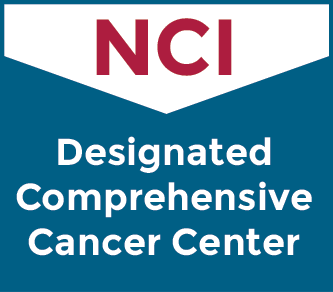
Supportive Care Services
Many resources and support programs are available at UAB to support your physical, emotional, and spiritual well-being. Whether it’s learning more about your diagnosis and treatment, nutrition counseling, or getting assistance with transportation to your medical appointments, our team is here to help. Our Supportive Care Clinic, in addition to our other specialized survivorship programs, accompany you throughout your treatment journey to help with everything from managing symptoms, mental health, and even the long-term challenges of survivorship. Learn more about our services and support programs below.
Cancer Education
Nationally endorsed education about your diagnosis and treatment can be found on the following recommended websites:







